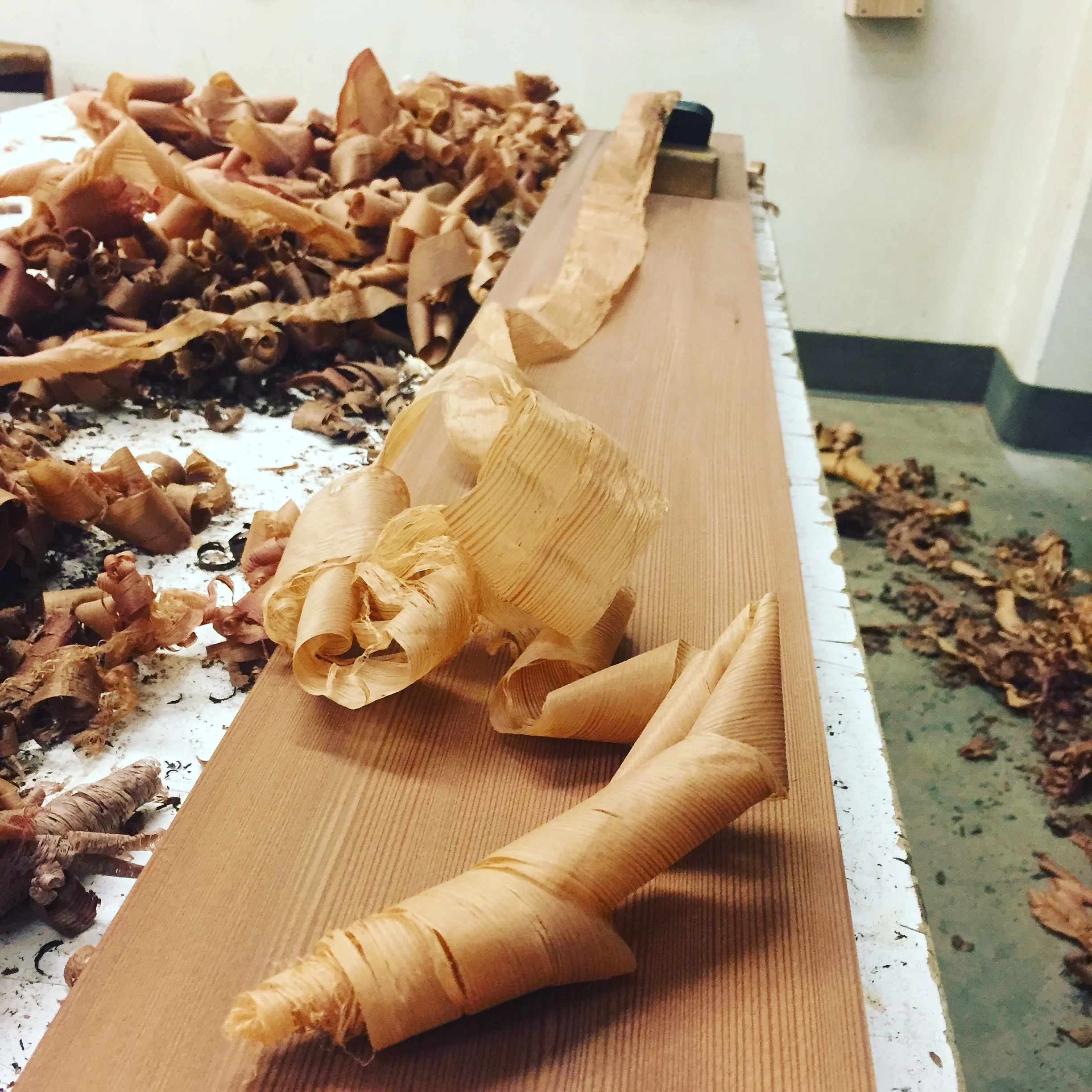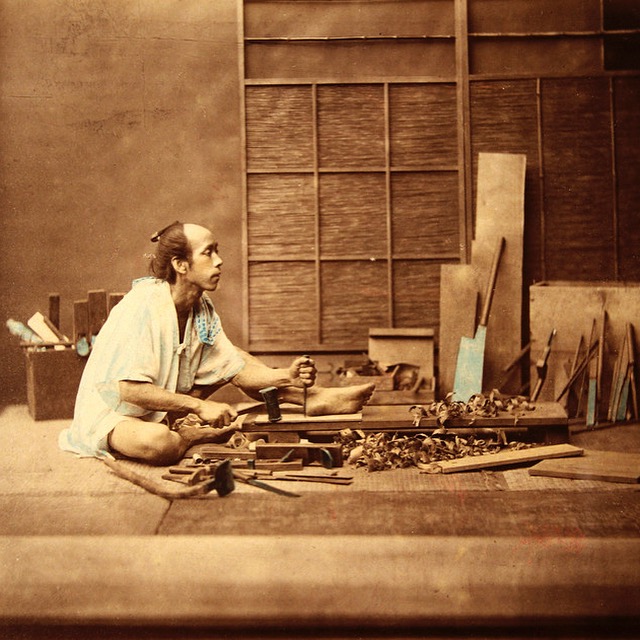

hand cut
Modern designs
rooted in tradition
and sustainability
hand cut
Modern designs
rooted in tradition
and sustainability
The story
Hapa Inaba Designs was founded in 2015 on the belief that good design should have a positive impact in the world. Our ultimate goal is to support living crafts that honor the environment by using local wood, minimal waste, and environmentally responsible products.
Dedicated to a sustainable supply chain, the designs are made with local hardwoods, salvaged from Northern California. Each piece is finished to a glassy smooth surface using Japanese hand planes and then hand rubbed with natural oils and waxes. The finishes are non-toxic which result in minimal off gassing for your health. Using hand tools greatly reduces the energy output and waste that's commonplace with standard shop equipment. These practices are not only healthier for the environment; they are healthier for the craftsman and the consumer.
There is a saying in the Japanese tradition, "whatever you build must last as long as the tree took to grow." This tradition honors the importance of each tree by designing furniture that will endure.
At Hapa Inaba, the term sustainable encompasses more than a low environmental impact. One of our primary missions is to preserve and sustain this centuries old Japanese woodworking tradition. Japanese carpentry has created the longest lasting wooden structures still standing today. Its success is rooted in a deep understanding of the nature of the wood. It utilizes its strengths and subtleties in the form of complex interlocking joints. These joints require no glue, screws, or fasteners. They are cut by hand using finely honed hand tools, crafted by a lineage of blacksmiths that date back to samurai era sword makers. Supporting this traditional style of work also supports these toolmakers and the preservation of their craft
The company’s founder Colin Inaba Christy designs and builds all of the work out of his Oakland, CA studio. Colin is a sculptor and painter originally from Salt Lake City, UT. He hand cuts and finishes each piece using traditional Japanese joinery techniques. "Hapa" refers to people of mixed Asian heritage. Colin is half Japanese, and the study of this craft connects him to his roots. Colin blends the Japanese traditions with his own unique vision to embrace the way that his own Japanese heritage is blended.
Torii Chuppah - a traditional Jewish wedding canopy blended with the Japanese Torii gate architecture and entirely composed of compression fit joinery.
Traditional Japanese carpenter
Colin Inaba Christy - founder of Hapa Inaba Designs, lead designer and craftsman.



